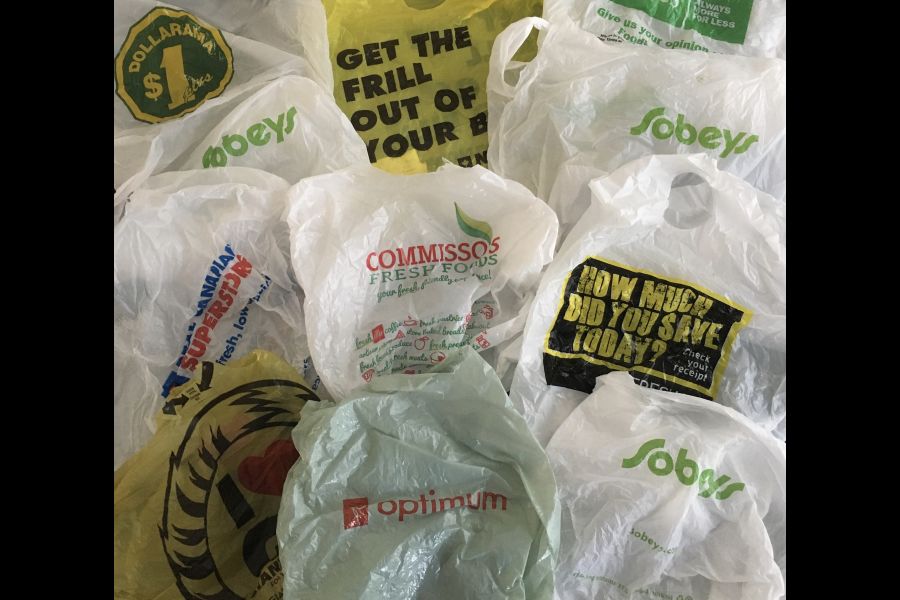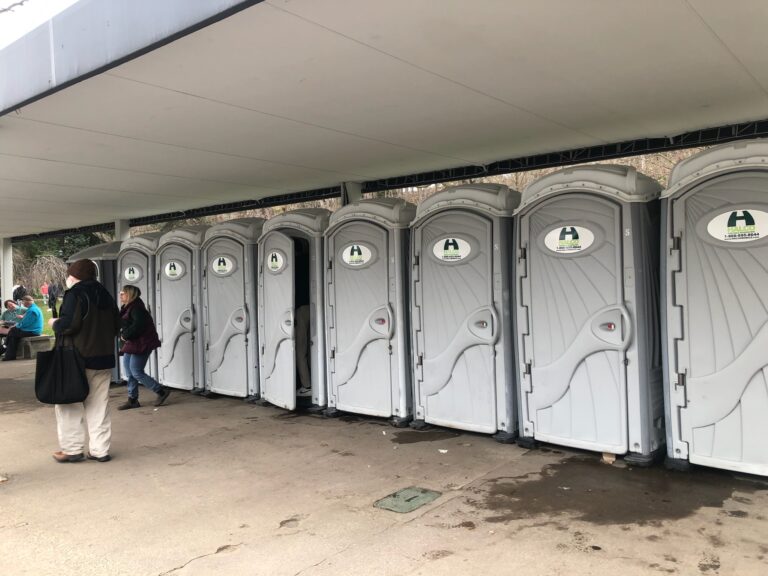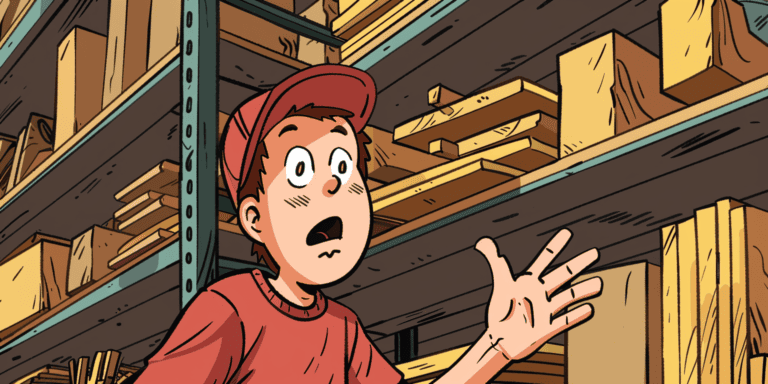Norm Arsenault
Special to The Lake Report
In a move that can only be interpreted as a major environmental step forward, Sobeys, one of the largest grocery chains in Canada, will be removing plastic bags from its grocery stores at the end of January, a move the company says has been driven by its customers.
In addition, Sobeys-owned grocery chains Foodland, Safeway, Freshco and IGA will soon follow suit.Customers will be able to bring their own reusable bags to the store or obtain paper bags from the checkout.
This move alone will take out of circulation an astounding 225 million single-use plastic bags, relieving some of the pressure on landfills and recycling depots wherever these stores operate around the country.
“It’s time for change and we will not stop innovating and bringing to market new ways to remove avoidable plastic from retail,” said Vittoria Varalli, vice-president of sustainability for Sobeys. “We are working with our industry partners and key stakeholders on eradicating plastics from the system.”
While 225 million plastic bags and other plastic packaging is a great beginning, let’s put that in context and hope that other large-volume retailers, such as Loblaws, Walmart, Home Depot, Home Hardware, Lowes and others will follow suit.
In the U.S. alone, Walmart, the largest retailer in the world, uses 20 billion plastic bags per year. The company has 11,700 stores worldwide. Think of the impact a plastic ban in these stores could have.
In 2019, it is estimated that one trillion plastic bags were produced in the world. That’s trillion with a capital “T.”
It has been recorded time and time again the devastating impact these products have caused on the environment, from massive pollution of the oceans, to the death of huge numbers of fish, mammals, birds and other creatures who end up swallowing parts of these products and become sick or literally choke to death.
Industry and governments are slowly waking up to this reality. There are currently 115 countries around the world that have now banned single-use plastic bags. Our own Canadian government announced in 2019 that it will be moving ahead with such a ban as early as 2021. Let’s make sure the government follows up on this commitment.
Plastic bags are created using fossil fuels and require vast amounts of water and energy in order to have them manufactured and shipped.
The production of plastic bags requires the use of billions of pounds of fossil fuels as well as billions of gallons of fresh water. The manufacturing process results in billions of pounds of solid waste and millions of tons of CO2 every year.
Industry is slow to action and only through the ongoing efforts of the population at large putting pressure on the manufacturers, retailers and governments everywhere to eliminate this type of waste, will we see a sustainable change to this ongoing pollution.
In Niagara-on-the-Lake, we still have numerous retailers that continue to use plastic bags – from wineries, to grocers, and general retailers, but we also have some that are starting to look at whether they are part of the problem or the solution and unilaterally taking action to reduce their carbon footprints.
It is time to make your voices heard and make a concerted effort to change this behaviour and demand action.
Let’s demand that our favourite retailers get rid of plastic bags and encourage and provide alternatives in their stores, such as paper bags, or better yet, encourage the use of reusable bags.
Sobeys stores will accept your worn out reusable bags and recycle them. In the meantime, let’s make sure to recycle any plastic products that are still in circulation.
We have the power to force change. Make your voices heard loud and clear and help make Niagara-on-the-Lake part of the solution.
Green Tip: If, like many people, you have dozens of plastic bags stashed in a cupboard somewhere, here’s what you can do to recycle them – Combine all your plastic bags and wraps into one single bag and tie them up. Put the the tied bag in the grey bin on top of your paper products. Don’t recycle the bags loosely. They clog up equipment and slow down the recycling process.
Norm Arsenault is a NOTL town councillor and environmental advocate. He writes The Lake Report’s weekly Green Tip, which appears on page 4.










